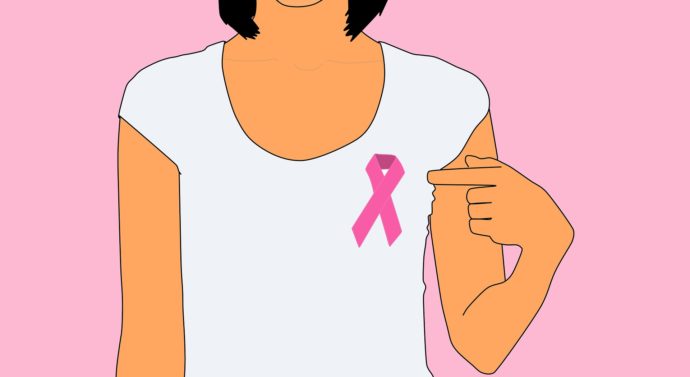
Give, but give wisely, when supporting breast cancer awareness
Editorial October 5, 2018, Comments Off 65Breast Cancer Awareness Month brings with it a wave of appeals to donate to breast cancer charities. Consumers should research charities and cause-related products carefully before making a donation or buying a pink-ribbon product; some fraudulent charities try to cash in on the pink ribbon frenzy.
According to the American Cancer Society, an estimated 266,120 new cases of invasive breast cancer will be diagnosed this year, and an estimated 40,920 people will die from the disease. Other than skin cancer, breast cancer is the most common cancer among women, and it is second to lung cancer as a leading cause of cancer death for women.
Better Business Bureau (BBB) offers BBB Charity Profiles of more than 11,000 charities nationwide, including several BBB Accredited Charities that support research on cancer or that provide support to cancer survivors. Some charities have names that resemble well-known breast cancer charities, so it’s a good idea to research charities on BBB’s website before making a donation. BBB’s Charity Information Service examines the percentage of its money a charity spends on programs, its governance, fundraising, informational materials and effectiveness.
In addition, a number of companies produce products that claim to support cancer charities. Consumers should check products carefully to determine how much support goes to charity and whether the charity meets BBB’s 20 Standards for Accountability.
If you want to support breast cancer charities by purchasing products, look into how that purchase will benefit a charity and which charity will get the money. More tips:
- Inspect the product for information. Many companies clearly report on labels how much of their sales go to charity and specifically where the money goes.
- Check the company’s website. If the information isn’t on the product itself, it often can be found at a website address printed on the product packaging.
- If you still can’t find the information, call the company and ask for it. Firms that use charity tie-ins to market their products should be transparent to consumers.
- Contact the charity directly if you have doubts they are receiving proceeds.
- Check out the charity to decide whether you believe it is worthy of your support. One way to do this is by contacting BBB to determine whether the charity meets BBB’s 20 Standards for Accountability. You may reach BBB by going to bbb.org or by calling 417-380-5074.
Some general tips for avoiding charity scams include:
- Be wary of appeals that are long on emotion, but short on describing what the charity will do.
- If you contribute, do not give cash. Make a check or money order out to the name of the charitable organization, not to the individual collecting the donation.
- Watch out for excessive pressure for on-the-spot donations. Be wary of any requests to send a “runner” to pick up your donation.
- Be wary of charities that are reluctant to answer reasonable questions about their operations, finances and programs. Ask how much of your gift will be used for the activity mentioned in the appeal and how much will go toward other programs and administrative and fundraising costs.
- Go to bbb.org to check out any charity before you donate.
About BBB
BBB is a nonprofit, business-supported organization that sets and upholds high standards for fair and honest business behavior. BBB services to consumers are free of charge. BBB provides objective advice, BBB Business Profiles on more than 5.3 million companies, 11,000 charity reviews , dispute resolution services, alerts and educational information on topics affecting marketplace trust. Visit bbb.org for more information.
Article contributed by Stephanie Garland, BBB Regional Director.